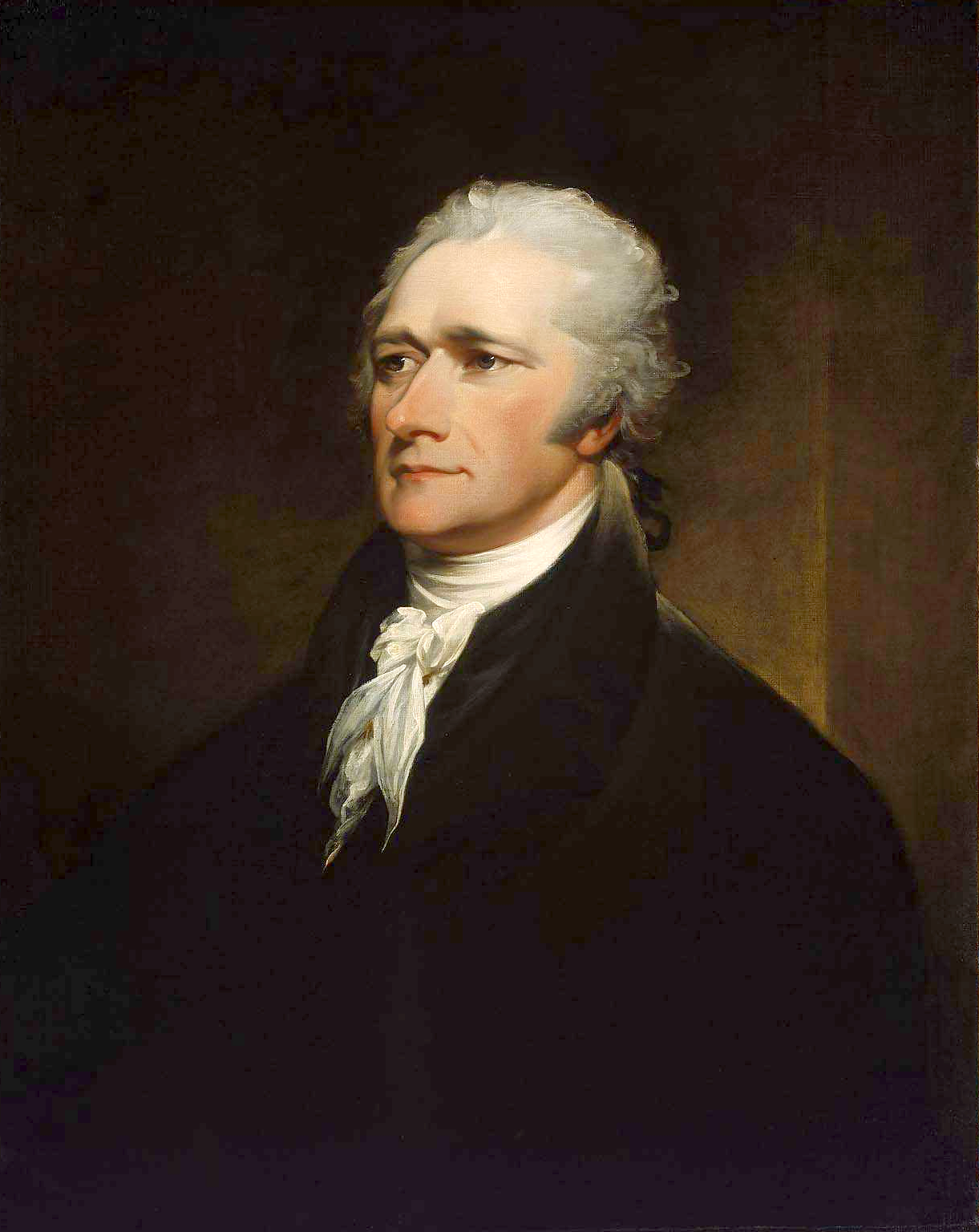Letter written the night before his duel with Aaron Burr (10 July 1804)
Alexander Hamilton Quotes
No. 75
The Federalist Papers (1787–1788)
Report on Manufactures (1791)
Report on Manufactures (1791)
No. 34
The Federalist Papers (1787–1788)
Opinion on the Constitutionality of the Bank (23 February 1791)
Federalist No. 70 (18 March 1788)
The Federalist Papers (1787–1788)
Letter to Nathanael Greene (12 October 1782), as quoted in Sketches of the Life and Correspondence of Nathanael Greene http://books.google.com/books?id=pLZSAAAAcAAJ&source=gbs_navlinks_s, page 342
“We must make the best of those ills which cannot be avoided.”
As quoted in The Home Book of Quotations, Classical and Modern (1958)
“And it is long since I have learned to hold popular opinion of no value.”
Letter to Washington, 11 November 1794
No. 69
The Federalist Papers (1787–1788)
Report on Manufactures (1791)
No. 79
The Federalist Papers (1787–1788)
“Every day proves to me more and more that this American world was not made for me.”
Letter to Gouverneur Morris (27 January 1802) http://www.alexanderhamiltonexhibition.org/letters/01_27.html
No. 15
The Federalist Papers (1787–1788)
No. 1
The Federalist Papers (1787–1788)
No. 68
The Federalist Papers (1787–1788)
26 June 1787 per page 105 of "The Debates, Resolutions, and Other Proceedings, in Convention, on the Adoption of the Federal Constitution: Supplementary to the state Conventions" by Johnathan Elliot, published 1830 https://books.google.ca/books?id=-gtAAAAAYAAJ&pg=RA1-PA105
Debates of the Federal Convention (1787)
Essay in the American Daily Advertiser (28 August 1794)
Farrand's Records of the Federal Convention, v. 1, p. 299. (June 19, 1787)
Debates of the Federal Convention (1787)
No. 11
The Federalist Papers (1787–1788)
No. 51
The Federalist Papers (1787–1788)
“I have thought it my duty to exhibit things as they are, not as they ought to be.”
Letter to Robert Morris (13 August 1782)
No. 78
The Federalist Papers (1787–1788)
Report on Manufactures (1791)
No. 33
The Federalist Papers (1787–1788)
Letter to Charles Cotesworth Pinckney (29 December 1802)
No. 84
The Federalist Papers (1787–1788)
“The passions of a revolution are apt to hurry even good men into excesses.”
Essay (12 August 1795)
No. 75
The Federalist Papers (1787–1788)
It is said with us to be unattainable. All communities divide themselves into the few and the many. The first are the rich and well born, the other the mass of the people. The voice of the people has been said to be the voice of God; and however generally this maxim has been quoted and believed, it is not true in fact. The people are turbulent and changing; they seldom judge or determine right. Give therefore to the first class a distinct, permanent share in the government. They will check the unsteadiness of the second, and as they cannot receive any advantage by a change, they therefore will ever maintain good government. Can a democratic assembly, who annually revolve in the mass of the people, be supposed steadily to pursue the public good?
Farrand's Records of the Federal Convention, v. 1, p. 299. (June 19, 1787)
Debates of the Federal Convention (1787)
No. 6
The Federalist Papers (1787–1788)
